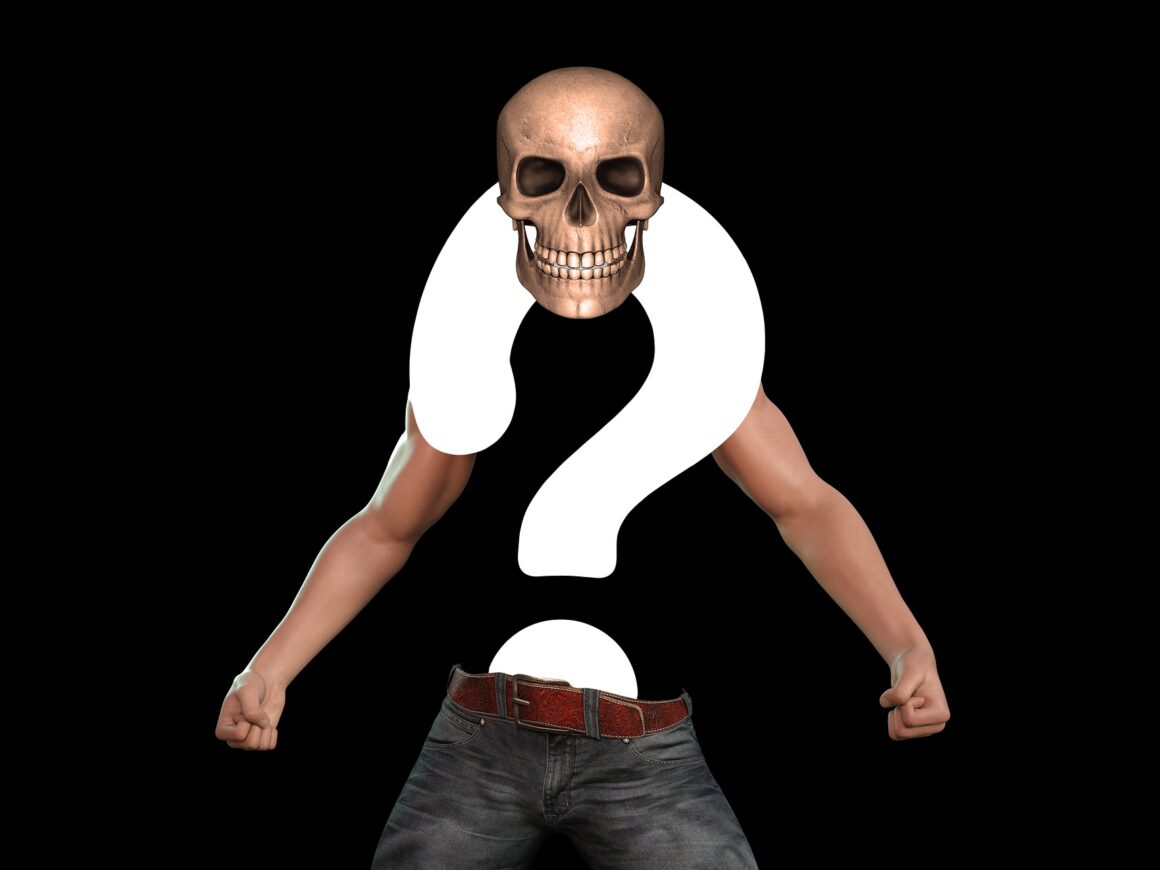The symptoms of psychopathy closely resemble those of Dissocial Personality Disorder. To better differentiate psychopathy, Canadian criminal psychologist Robert Hare developed a test for identifying psychopaths: the Psychopathy Checklist (PCL-R). It includes the following 20 criteria:
- Glibness and Superficial Charm:
Cunning and articulate, with a superficial charm. - Grandiose Sense of Self-Worth:
Significantly inflated self-esteem. - Need for Stimulation/Proneness to Boredom:
Constantly seeking new and thrilling experiences, easily bored. - Pathological Lying:
Compulsive lying. - Conning and Manipulative Behavior:
Deceptive and manipulative tendencies. - Lack of Remorse or Guilt:
Absence of guilt or remorse for actions. - Shallow Affect:
Superficial emotions. - Callousness and Lack of Empathy:
Cold-heartedness and lack of empathy. - Parasitic Lifestyle:
Living at the expense of others. - Poor Behavioral Controls:
Inadequate control over behavior. - Promiscuous Sexual Behavior:
Frequent changes in sexual partners. - Early Behavioral Problems:
Early onset of behavioral issues. - Lack of Realistic, Long-Term Goals:
Absence of realistic, long-term plans. - Impulsivity:
Acting on impulse without considering consequences. - Irresponsibility:
Failure to fulfill responsibilities. - Failure to Accept Responsibility for Own Actions:
Unwillingness or inability to take responsibility for one’s actions. - Many Short-Term Marital Relationships:
Multiple short-term marital or similar relationships. - Juvenile Delinquency:
Involvement in criminal activities during youth. - Revocation of Conditional Release:
Disregard for conditions and revocation of probation. - Criminal Versatility:
Committing a variety of crimes in different ways.
Each trait is rated by a therapist or psychiatrist as 0 or 1. Based on the total score, they determine whether psychopathy is present and how severe it is.
Research by Criminal Psychologist Robert Hare
https://en.wikipedia.org/wiki/Robert_D._Hare








